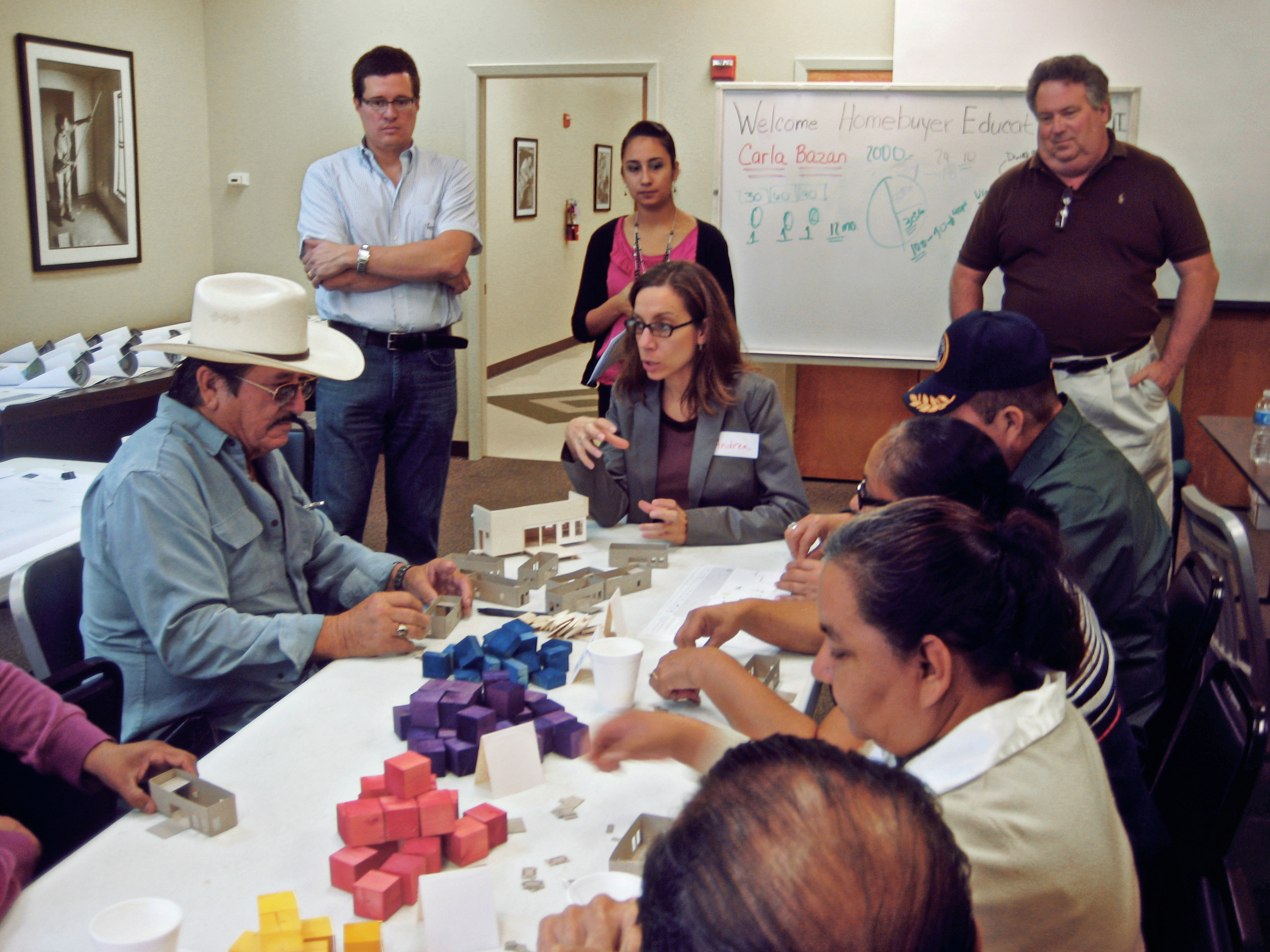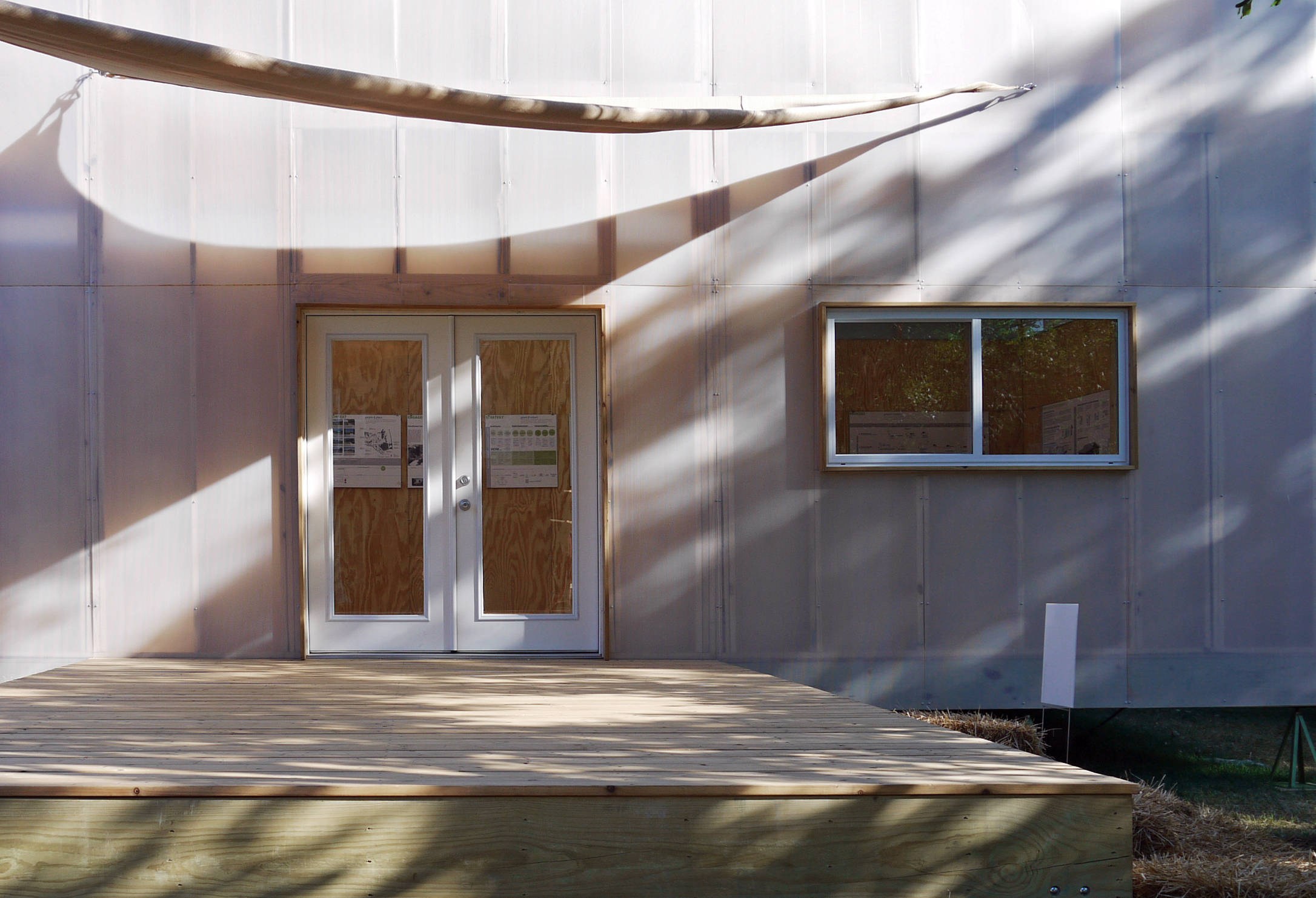Watch for future Rapido posts here.
On July 23rd, 2008, Hurricane Dolly made landfall in Texas’ Lower Rio Grande Valley causing widespread flooding and sustained winds of over 120mph. Low income residents in Cameron and Hildago Counties were hit hard, losing over $152 million dollars in housing related damages and contributing to a sum LRGV loss of $1 billion. As a result, the Texas Natural Disaster Housing Reconstruction Committee assembled a plan to design a statewide rapidly deployable replacement housing system for victims of federally declared natural disasters. Rapido is bcW’s response to the state’s initiative, addressing issues of social equity, rapid deployment, and constructability.
bcWORKSHOP’s disaster reconstruction strategy engages residents throughout the reconstruction process and contributes to the sustainable growth of place by enabling communities to recover quickly and allowing families to rebuild thoughtfully. Prior to beginning design work, bcW held several community workshops with Cameron County residents to determine what functions are most essential to one's home life after a disaster occurs and to prioritize home activity adjacencies.
Informed by resident input, a two-phased construction strategy was developed to enable rapid response after a disaster. In phase one, qualified families will immediately receive a standardized phase one home that contains essential living facilities. Phase one homes will be constructed from a wet core module and a flat packed wall, roof, and floor panel system. The module and flat-pack panels will be individually built off-site and quickly assembled on site. Families will reside in their “phase one home” until resources and time allow for expansion, at which point homes will be altered to accommodate long-term family needs and desires (site built phase two home). Between phase one and phase two, families will receive an expansion kit-of-parts catalogue and design consultation to help guide them in making informed decisions regarding home expansion. Individual design consultations will enable clients to personalize their space to meet their family needs and desires. Reconstructing in this manner creates communities of varied housing stock and visual interest as well as contributes to the long-term growth of Cameron County as a place.
bcWORKSHOP, in partnership with the Community Development Corporation of Brownsville, will be demonstrating and testing bcW’s Rapido strategy through the construction of several prototype homes for families affected by Hurricane Dolly. Prior to prototyping in the LRGV, bcWORKSHOP demonstrated its first Rapido prototype at SMU’s Engineering & Humanity Week, April 15th-20th 2012. E&H week provided an opportunity to directly test Rapido’s construction process, deployment method, and performance to further inform future prototype designs.
Design of the second Rapido prototype is currently underway based on analysis and feedback received from round one prototyping.
![[bc]](http://images.squarespace-cdn.com/content/v1/5248ebd5e4b0240948a6ceff/1412268209242-TTW0GOFNZPDW9PV7QFXD/bcW_square+big.jpg?format=1000w)








